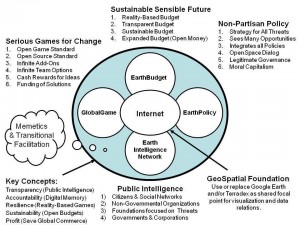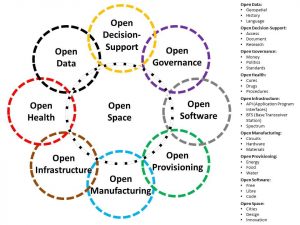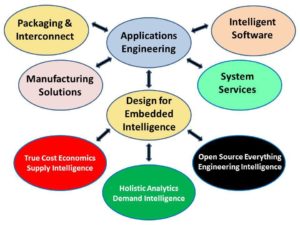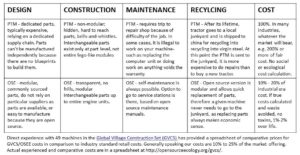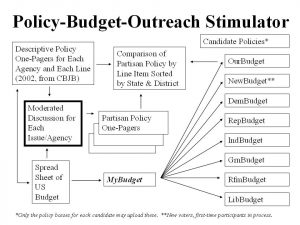Используйте верхний правый виджет для перевода.
ਅਨੁਵਾਦ ਕਰਨ ਲਈ ਉੱਪਰਲੇ ਸੱਜੇ ਵਿਜੇਟ ਦੀ ਵਰਤੋਂ ਕਰੋ.
ترجمہ کرنے کے لئے اوپری دائیں ویجیٹ کا استعمال کریں۔
As much as I am concerned about Amazon's ethical lapses (common to its predecessor rogue elephants), it does have enormous potential and ethics can be re-asserted — ethics is an operating system.
Here is what they are still missing:
01 Washington Post as an Open Source Intelligence unit implementing the Herring Triangle
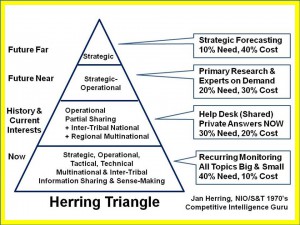
02 All publications on Amazon indexed so as to offer accurate citations (quotes with full academic citation including page number and permanent link) for micro-cash.
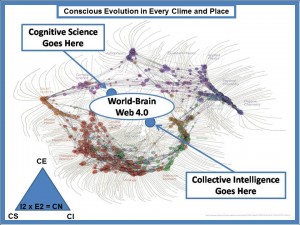
03 Creating of global human expert councils leveraging top authors on each threat, each policy, each cost, each country, state/province, county/district. Identify the gaps and recruit/fund authors. Find better ways to weight truth. Create a globally distributed school of future-oriented hybrid governance.
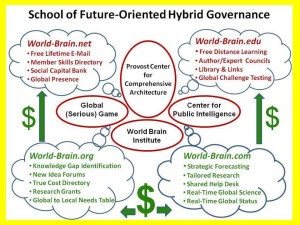
04 Creating an online holistic analytic model supported by cross fertilized journals at two levels: peer reviewed and reader reviewed. Eliminate Thomson-Reuters and Elsevier, cut a deal with Sci-Hub in Russia.
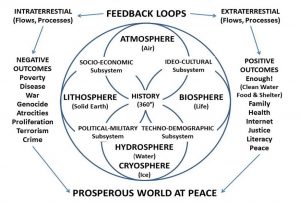
05 Get serious about true cost economics.

06 Get serious about public education as a service including seven minute videos on everything, telling the truth, no propaganda, no lies. Fund Open Source Everything Engineering (OSEE) as a new marketplace for the five billion poor. Create a prosperous world at peace — capture four trillion annual income among the bottom five billion who need and can afford OSEE alternatives.
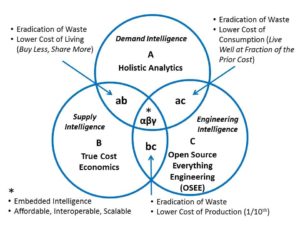
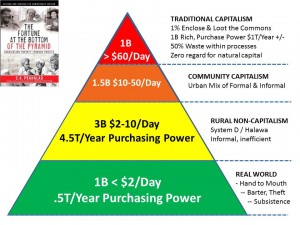
07 Get serious about 100% political mobilization and online polling linked to truthful information accessible by the minute or page.
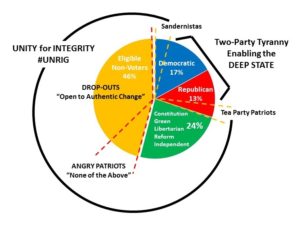
Ethics, not money, is the final measure. Creating a prosperous world at peace is the ultimate hack. It can also be profitable while doing no harm.
See Especially:
2007 Amazon as Hub of World Brain — 2013 Clean Movie Has Just Become Available
Robert David Steele & Robert James Becket — The Age of Ethics (Virtue) Has Begun
See Also:
Yoda: Death to Elsevier & Thomson Reuters — Academic Information Breaks Free…
Robert Steele: Can Thomson Reuters [or Bloomberg] Be a $20B+ per Year World Brain?
Nikolai Danalylov: YouTube (1:21:32) On Open Source Everything – Ethics is an Operating System
Robert James Beckett: Communication ethics – Principle and practice
RELATED:
Steele, Robert, “The Future Can Be Shaped with Evidence-Based Dialog,” Russian International Affairs Council, 10 January 2019.
Steele, Robert, “Intelligence at a Cross Roads: To Be Or Not To Be (Review of Principled Spying by David Omand and Mark Phythian),” American Herald Tribune, 25 June 2018. PBI BackUp
Steele, Robert. “Augmented Intelligence with Human-Machine Integrity: Future-Oriented Hybrid Governance Integrating Holistic Analytics, True Cost Economics, and Open Source Everything Engineering (OSEE),” in Daniel Araya. Augmented Intelligence: Smart Systems and the Future of Work and Learning. Bern, CH: Peter Lang Publishing., 2018.
Steele, Robert. “Creating a Post-Western Independent Internet: An Open Source Internet Can Create Peace and Prosperity for All,” Russian International Affairs Council, 5 February 2018. PBI BackUp
Steele, Robert. “Healing the Self & Healing the World: The Open Source Way,” Phi Beta Iota Public Intelligence Blog, 2 September 2017 no longer available where previously published in Defence and Intelligence Norway, 13 September 2017.
Steele, Robert. “Concept for a Post-Western Economic-Engineering Paradigm: How Putin-Modi and Xi-Trump Can Save Humanity with Open Source Everything Engineering (OSEE),” Russian International Affairs Council, 5 April 2017.
Steele, Robert. “Open Source Governance: Creating a Prosperous World at Peace,” Open Source Observatory (European Union), 23 May 2016.
Steele, Robert. “Open Source Everything Engineering (OSEE) – Creating the Academy, Economy, Government, and Society of the Future,” Phi Beta Iota Public Intelligence Blog, 5 April 2016.
Steele, Robert. “Human Intelligence and Open Source Technologies,” SingularityWeblog, 1 February 2016.
Steele, Robert. “Foreword,” in Stephen E. Arnold, CyberOSINT: Next Generation Information Access, Harrods Creek, KY: Arnold Information Technology, 2015.
Steele, Robert. “Applied Collective Intelligence 2.0: Can Open Source Evolutionary Cyvernetics Leverage Distributed Human Intelligence While Advancing Artificial Intelligence?,” Phi Beta Iota Public Intelligence Blog, 17 October 2015.
Steele, Robert, “Applied Collective Intelligence: Human-Centric Holistic Analytics, True Cost Economics, and Open Source Everything,” Spanda Journal, 20-14 December 2014, Vol. 2, pp 127-137.
Steele, Robert. “On Defense Intelligence: Seven Strikes,” CounterPunch, 2 July 2014.
Steele, Robert with Hal Berghel. “Out of Band: Robert David Steele on OSINT,” IEEE Computer Vol. 47, No. 7, July 2014, pp. 76-81.
Steele, Robert. “The Evolving Craft of Intelligence,” in Robert Dover, Michael Goodman, and Claudia Hillebrand (eds.). Routledge Companion to Intelligence Studies, Oxford, UK: Routledge, July 31, 2013.
Steele, Robert. “Foreword,” in E. Mordini and M Green, Internet-Based Intelligence in Public Health Emergencies: Early Detection and Response in Disease Outbreak Crisis, IOS Press, Vol 105 of NATO Science for Peace and Security Series, March 2013.
Steele, Robert. “Proposal for a World Brain Institute and Development of a Global Game,” Humanity Plus Magazine, 26 December 2012.
Steele, Robert. “The Ultimate Hack: Re-Inventing Intelligence to Re-Engineer Earth,” in U. K. Wiil (ed.), Counterterrorism and Open-Source Intelligence, Lecture Notes in Social Networks 2, Springer-Verlag/Wien, 2011.
Steele, Robert. “Creating a Smart Nation” in Mark Tovey (ed.), Collective Intelligence: Creating a Prosperous World at Peace, Oakton, VA: Earth Intelligence Network, 2008, pp 107-130.
Steele, Robert. “World Brain as Earth Game,” in Mark Tovey (ed.), Collective Intelligence: Creating a Prosperous World at Peace, Oakton, VA: Earth Intelligence Network, 2008, pp 389-398
Steele, Robert. “Open Source Intelligence (Strategic),” in Loch Johnson (ed.), Strategic Intelligence: The Intelligence Cycle, Westport, CT: Praeger, 2007, Chapter 6, pp. 96-122.




